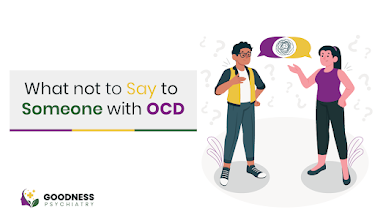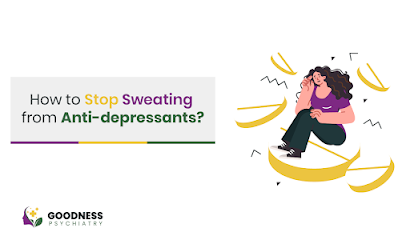What Not to Say to Someone with OCD

Obsessive-Compulsive Disorder (OCD) is a mental health condition that affects millions of people worldwide. It is characterized by unwanted, intrusive thoughts (obsessions) and repetitive behaviors (compulsions) that an individual feels compelled to perform. Understanding OCD and the way it impacts someone's life is crucial in offering support, but it’s just as important to recognize what not to say to someone with OCD . Words can be powerful, and when not used thoughtfully, they can unintentionally make the person feel misunderstood or isolated. 1. "Just stop thinking about it." One of the most common misconceptions about OCD is that it's just about "thinking too much." The truth is, people with OCD often can’t control their obsessive thoughts. Telling someone to "just stop" can be frustrating and dismissive because it oversimplifies their experience. Instead, offer empathy and understanding, and avoid statements that imply the person can co...



.jpg)